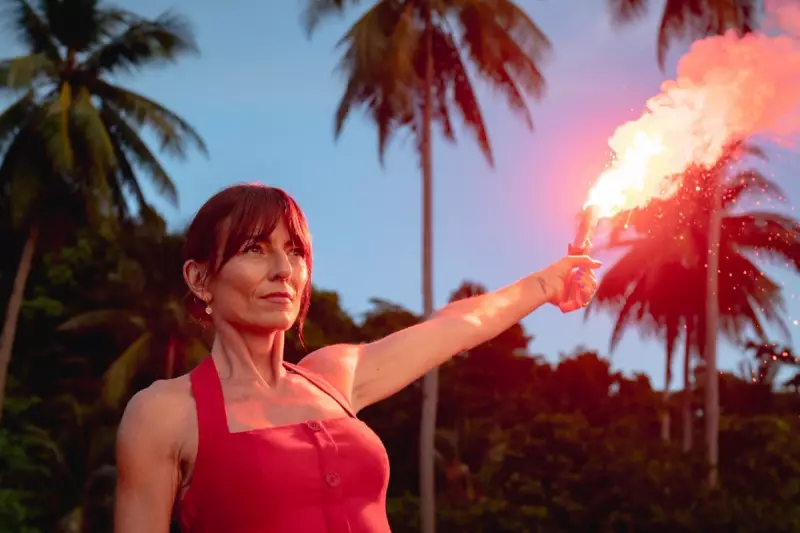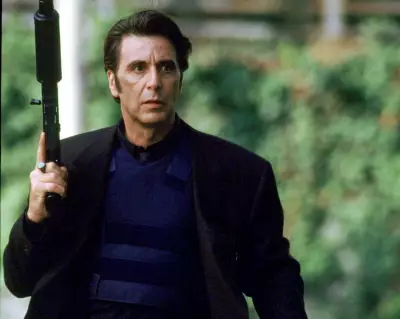
A BBC dating show contestant endured a terrifying 36-hour ordeal after being abandoned on a remote Scottish island when production crews allegedly failed to collect him, The Independent can reveal.
David McCall, a participant in the BBC's upcoming reality show Stranded on Honeymoon Island, was left completely alone without food, water, or communication devices after filming wrapped on the uninhabited island.
A Modern-Day Castaway
The 31-year-old builder from Bristol had expected a swift return to the mainland after completing his filming duties. Instead, he was forced to sleep rough on the rocky terrain, desperately trying to signal passing boats and aircraft.
'I was genuinely terrified,' McCall recounted. 'As hours turned into night, I realised nobody was coming. The production team had completely forgotten about me.'
Production Failures Exposed
The incident occurred during filming for the BBC Three programme, which strands couples on islands to test their relationships. While safety protocols typically include thorough headcounts and communication systems, multiple failures apparently led to McCall's abandonment.
McCall described the moment he realised his predicament: 'The boat just left. I saw it sailing away and thought it was a joke at first. Then the reality set in - I was completely alone.'
36 Hours of Survival
With temperatures dropping overnight, McCall was forced to:
- Create makeshift shelter from limited natural resources
- Attempt to signal fishing boats and coastguard aircraft
- Conserve energy without access to food or fresh water
- Endure psychological stress of complete isolation
'The second night was the worst,' he said. 'I thought about my family and whether I'd ever see them again. It was absolutely brutal.'
BBC Response and Aftermath
The BBC has confirmed the incident and launched an internal investigation. A spokesperson stated: 'We apologise unreservedly to David for this unacceptable error. We're reviewing our production protocols to ensure this cannot happen again.'
McCall has since received compensation and psychological support, but the experience has left lasting effects. 'I don't think I'll ever be the same after that,' he admitted. 'You don't expect something like this to happen with a major broadcaster.'
The incident raises serious questions about duty of care in reality television production, particularly as broadcasters push for more extreme formats to capture audience attention.





